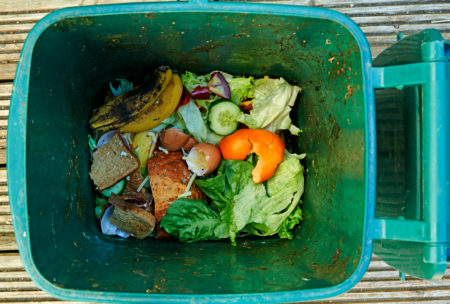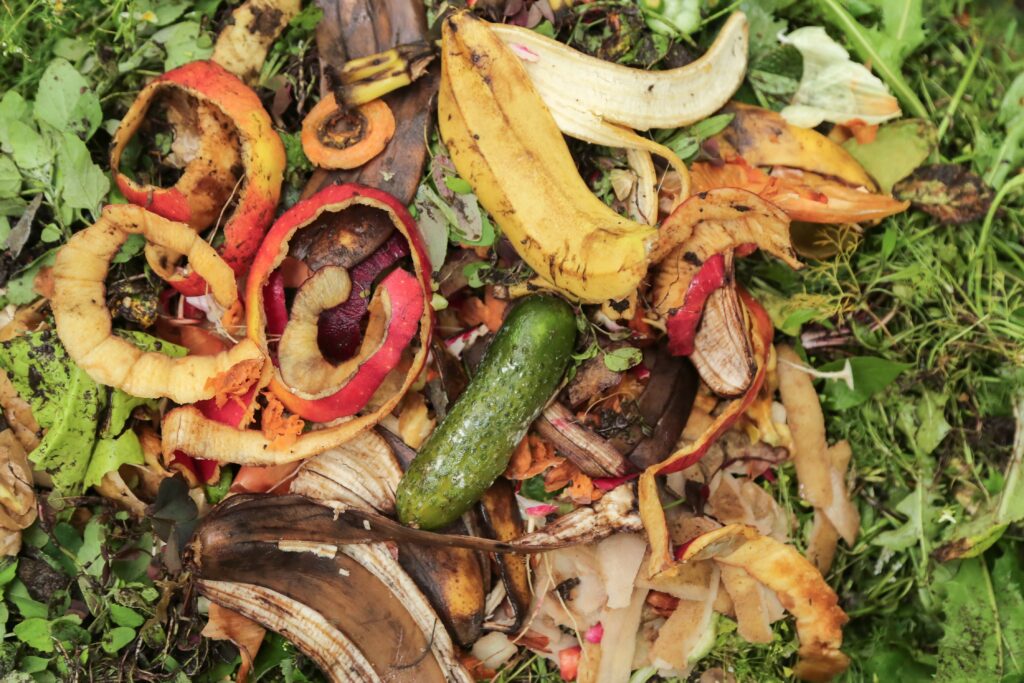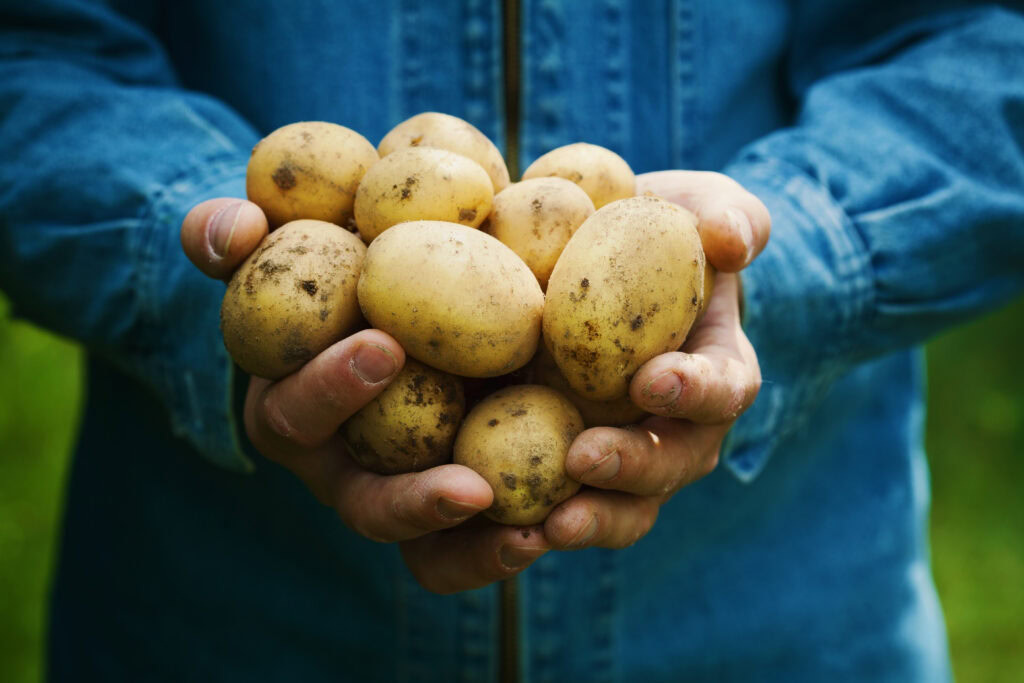EBB does acknowledge however that the council has “raised the bar” on holding producers accountable for textile waste.
Member States voted on the revision of the Waste Framework Directive, which is said to set the cornerstone for waste management across the EU, focusing on food and textile waste.
Environment Ministers agreed today (17 June) on binding reduction targets for food waste, and an Extended Producer Responsibility (EPR) system for textiles.
Production of textile fibres has doubled since 2000, and today 12.6 million tonnes of textile waste is said to be generated annually in the EU.
Member States’ vote improves the Commission’s proposal by calling for EPR schemes to go beyond waste management and ensure brands are held “financially accountable” for the impact of overproduction.
EU governments recognised that fees paid into EPR schemes by brands should be based on the quantity of products placed on the market.
With only a third of clothes being disposed of due to wear and tear, the council has also called for EPR fees to consider the “aggressive marketing and commercial practices” that lead to overproduction and the premature disposal of clothing.
EBB said, however, that Member States postponed any consideration of textiles waste management targets until 2028, and “failed to advocate for a clearer global accountability framework” ensuring that EPR fees can effectively support regions heavily impacted by used textile exports from the EU.
Emily Macintosh, senior policy officer for textiles at the EEB, said: “We need policies that address overproduction head-on, going beyond waste management and product design tweaks. Ultimately, the problem is that too many products end up as waste shortly after hitting the market, and the fees holding producers accountable must reflect this.”
It said that “despite persistent warnings from civil society” and “clear evidence” that more ambitious food waste reduction targets are feasible and beneficial from both an environmental and an economic perspective, Member States have opted for the lowest range of targets proposed by the Commission: a 30% reduction for consumption and a 10% reduction for food processing and manufacturing by 2030, using 2020 as baseline, or an earlier date if appropriate data is available.
Flexibility
However, EBB said the council’s position leaves “even more flexibility” for Member States, regarding the baseline year, and introduces further uncertainties through correction factors for fluctuations in production volumes and tourism activities that still need to be defined in delegated acts.
The issue of food waste at the primary production level “remains unaddressed”, according to EEB, with further action depending on a study expected at the end of 2027. Environmental organisations call for a 50% reduction of food loss and waste across the entire supply chain, in line with the commitments made under the 2018 revision of the WFD, as well as under Sustainable Development Goal 12.3.
‘Farm to fork’
Fynn Hauschke, policy officer on circular economy and waste at the EBB, said: “Today our governments missed another chance to tackle food waste from farm to fork. The low ambition level and neglect of losses at primary production undermine the efforts to solve Europe’s food waste crisis. With climate change threatening food production and families struggling to put food on the table, evidence shows halving food waste is not just feasible but essential for reducing emission and saving costs.”








Subscribe for free